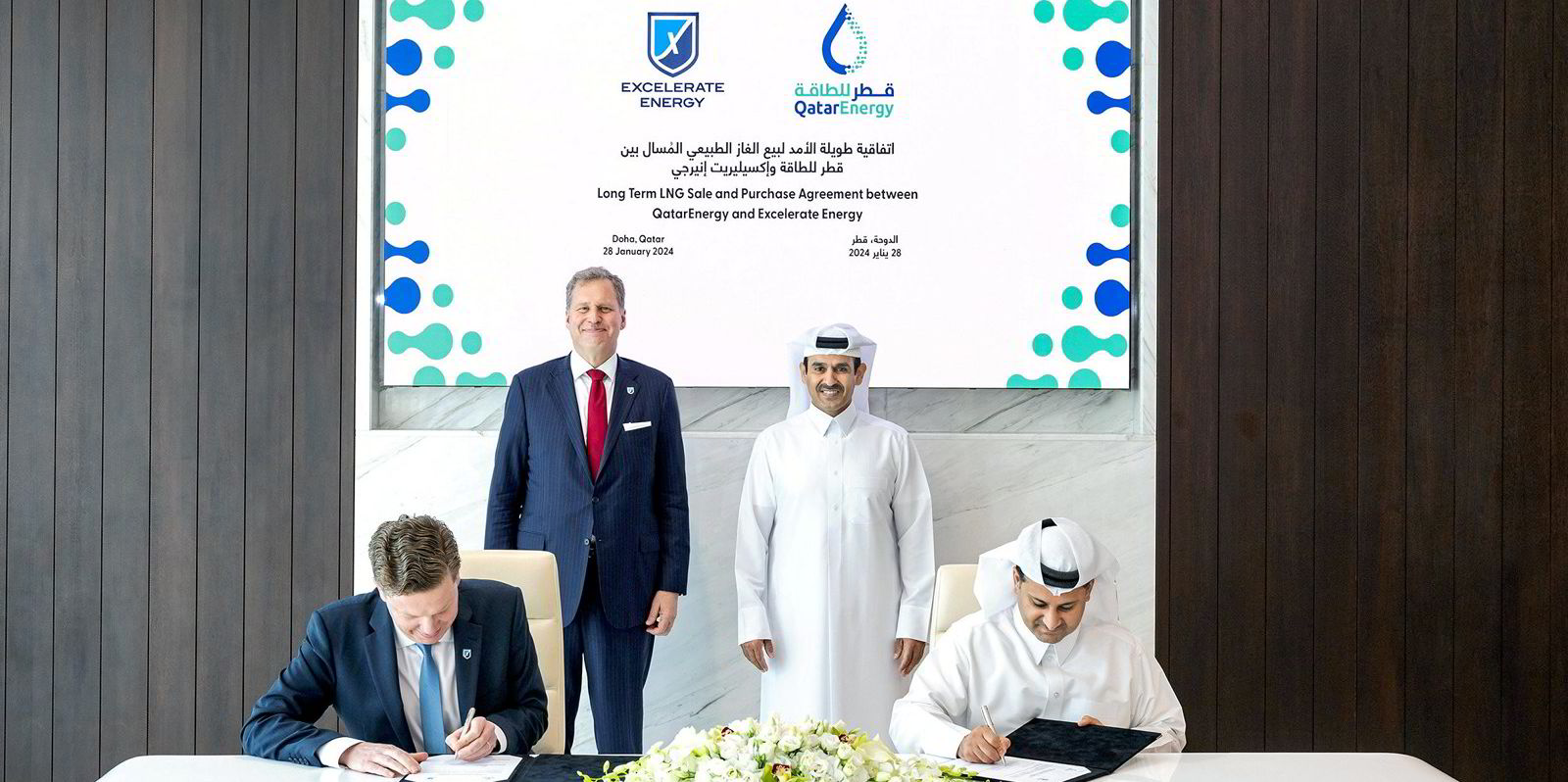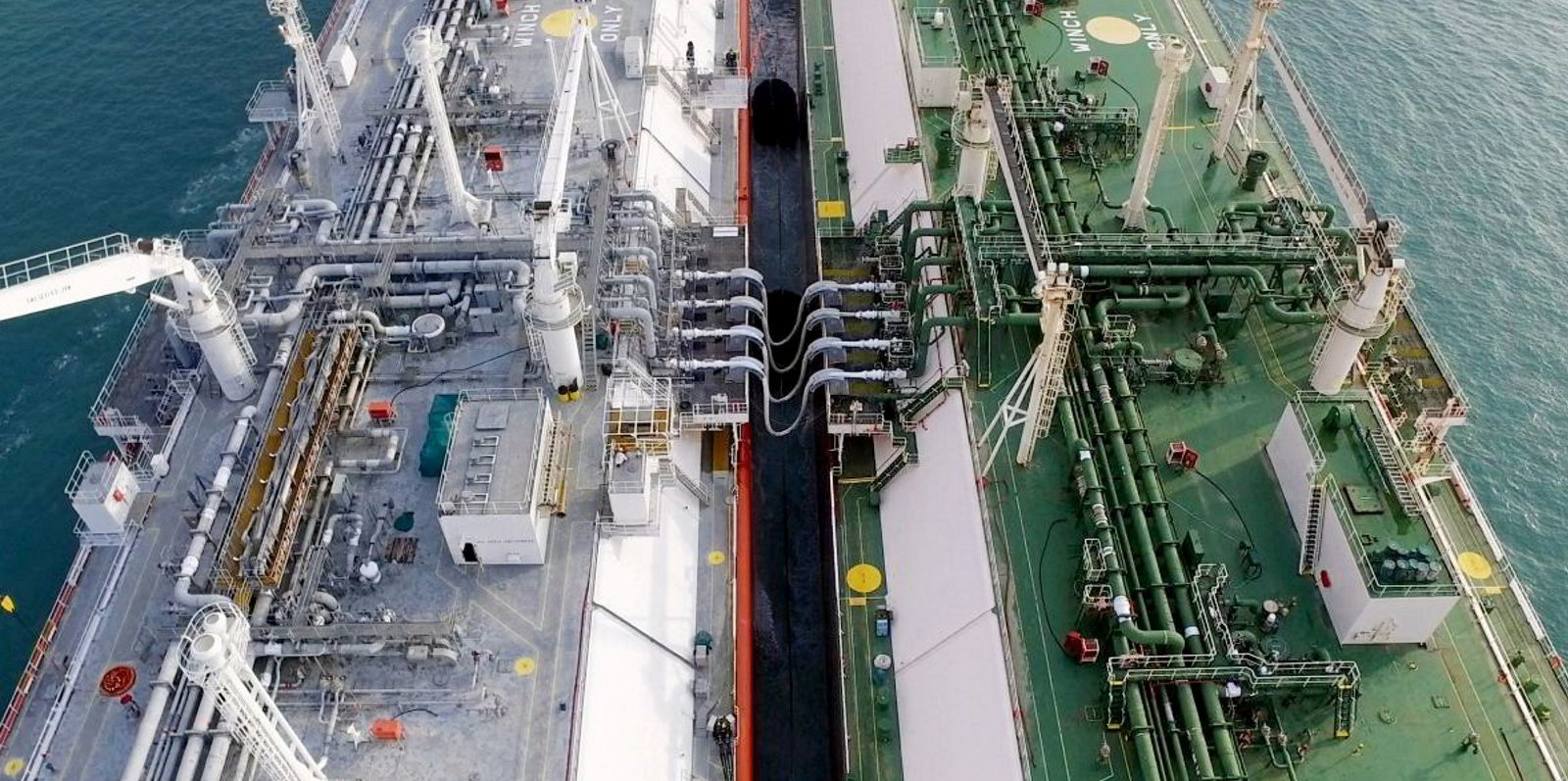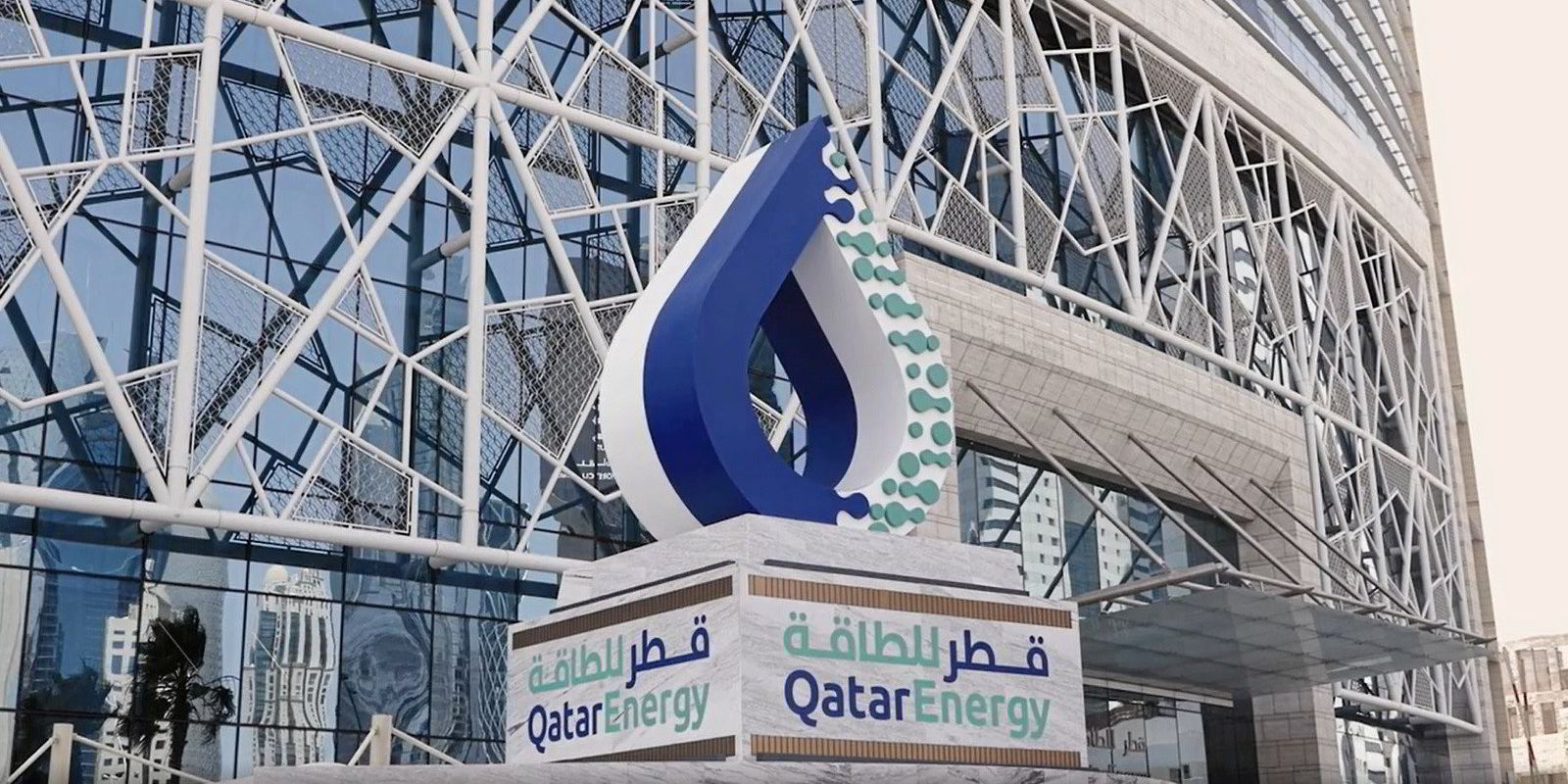US regasification specialist Excelerate Energy has signed a long-term LNG sale-and-purchase agreement with Middle East producer QatarEnergy under which it will supply volumes to Bangladesh.
Under the deal, Excelerate will buy 1 million tonnes per annum of LNG from QatarEnergy, which will be delivered to floating storage and regasification units in Bangladesh over 15 years starting in January 2026.
QatarEnergy said Excelerate will purchase 0.85 mtpa of LNG in 2026 and 2027, and one mtpa from 2028 to 2040.
The agreement was signed on Sunday.
US-listed Excelerate has been making moves to integrate its FSRU business by taking positions further upstream and downstream in the LNG value chain.
In 2023, the company also concluded a 20-year deal under which it will buy LNG volumes from US producer Venture Global LNG.
Excelerate’s tie-up with QatarEnergy follows its deal with Bangladesh Oil, Gas & Mineral Corp (Petrobangla) that was announced in November.
Under the deal, Petrobangla has agreed to buy between 0.85 and 1 mtpa of LNG from Excelerate over 15 years starting in January 2026, with the US company delivering 0.85 mtpa in 2026 and 2027 and 1 mtpa from 2028 through to 2040.
The US regas company kicked off its LNG imports to Bangladesh in 2018 with its Moheshkhali LNG floating storage and regasification unit-based terminal.
Strengthening relationships
It has since deployed a second FSRU to act as an import terminal in the Bay of Bengal.
Together the two units deliver about 25% of the country’s natural gas supply.
Commenting on the agreement, Qatar’s Minister of State for Energy Affairs Saad Sherida Al-Kaabi, who is also president and chief executive of QatarEnergy, said: “This new agreement will further strengthen our relationship with Excelerate while also supporting the energy requirements of the People’s Republic of Bangladesh and its stride towards greater economic development.”
QatarEnergy said: “Qatar is the largest LNG supplier to Bangladesh and aspires to continue being the LNG supplier of choice for partners in the South Asia LNG markets.”





